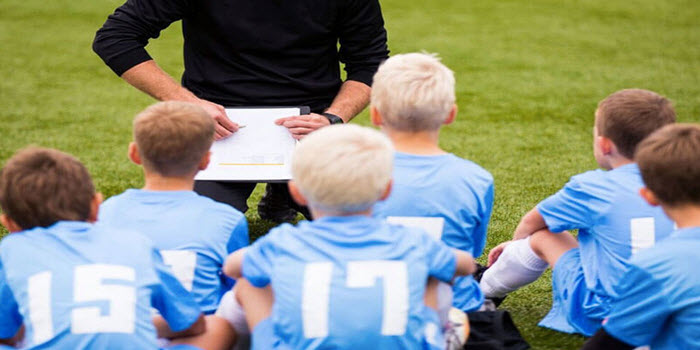
Injury is quite common when it comes to sports participation. You can ask any athlete who will tell you that injuries are one of the primary setbacks they experience when playing sports. There are several issues that athletes will face apart from physical pain when a sports injury occurs. Suffering from an injury can stop their training which usually has a negative effect on how they view themselves.
Furthermore, it can remove the positive effect that athletes gain from sports, including
Be Empathic
Ensure that your athletes are aware that you know what they are going through and that you understand. Don’t expect them to simply suck it up or shake it off. Give your athletes time to deal with their feelings. Your genuine care and empathy will go a long way to strengthen the athlete-coach relationship.
Provide An Important Role In The Team
You can assist injured athletes to overcome their sense of worthlessness by providing a different job within the team until they are healed. Jobs like consultant or assistant coach will work well. Ask for their input or opinion during competitions or practice. Making them feel important will play a vital role
Avoid Your Athlete From Becoming Isolated in the Team
Ensure that your injured athlete continues to be an important factor in your team. You will need to assign team members to monitor athletes that are injured and ensure that they intervene when the athlete starts isolating themselves from the team. Actively reach out to the injured athlete which will have a powerful impact of positivity on their feelings.
Self-Esteem is Key
You will need to be mindful that the athlete who is injured is feeling rather vulnerable after enduring a massive blow to their self-worth and feelings. Ensure that the injured athlete is well-aware that you still value them as a person through words and actions. Never act disinterested and always remember that it’s your responsibility to reach out to the injured athlete.
Take Small Steps To Get The Athlete Back in Practice
Whether its mental techniques or limited physical training, ensure your injured athlete is well aware that you expect them to continue their training sessions. You can give them special sessions to fit their injury limitations and make sure you check up on them regularly to see how they are progressing.
Should your injured athlete be depressed, its vital that you utilise professional counselling, especially if it lingers on after trying to assist them by yourself.
